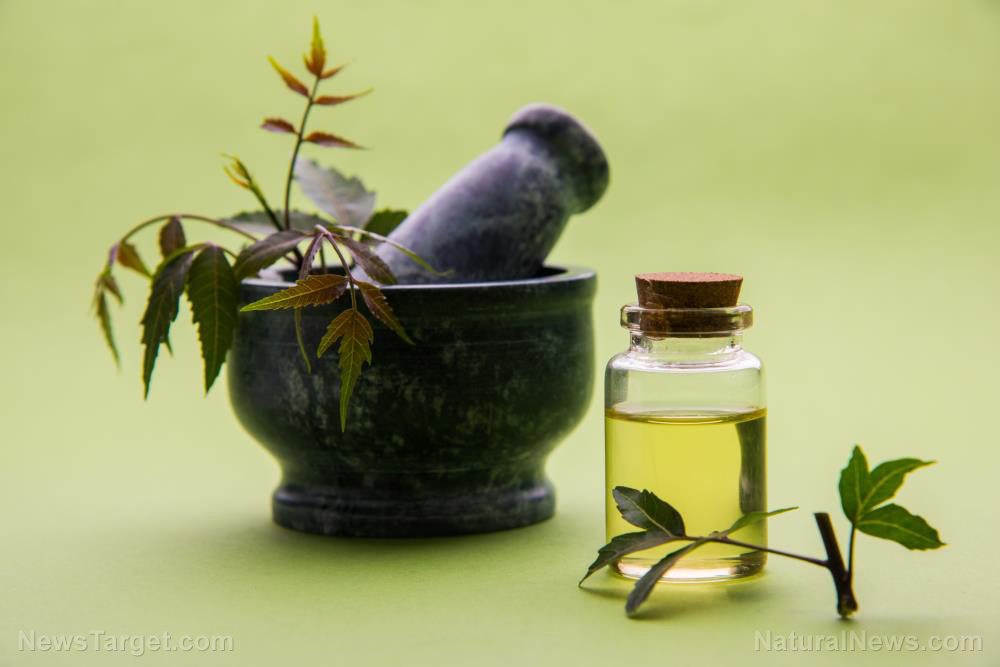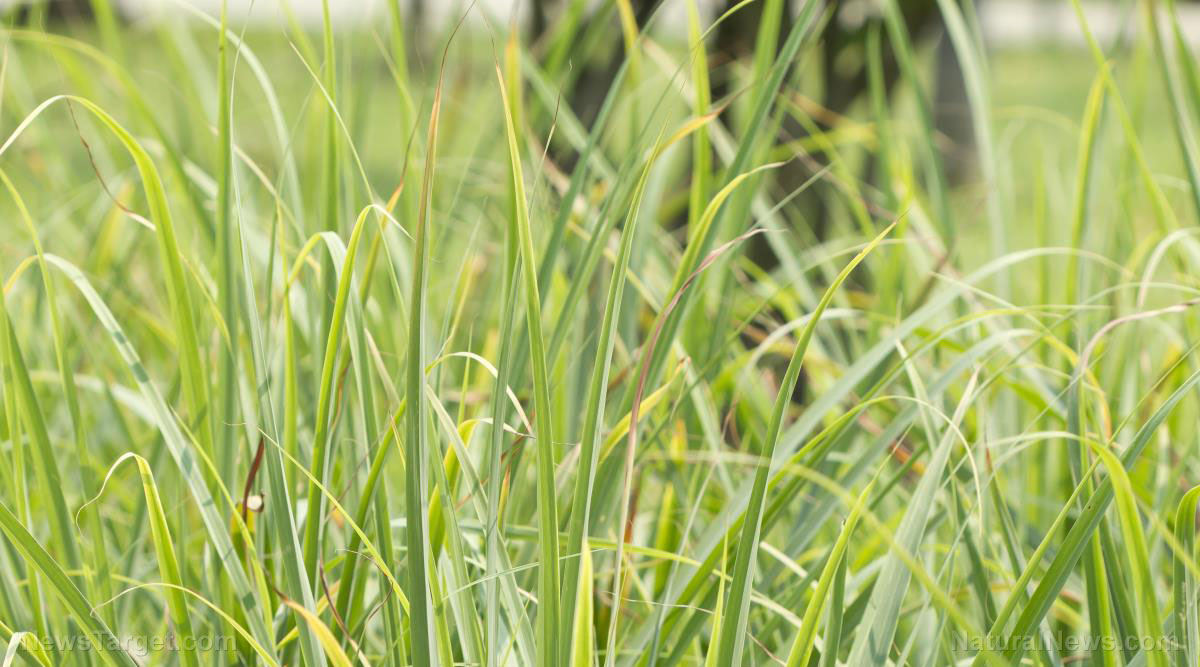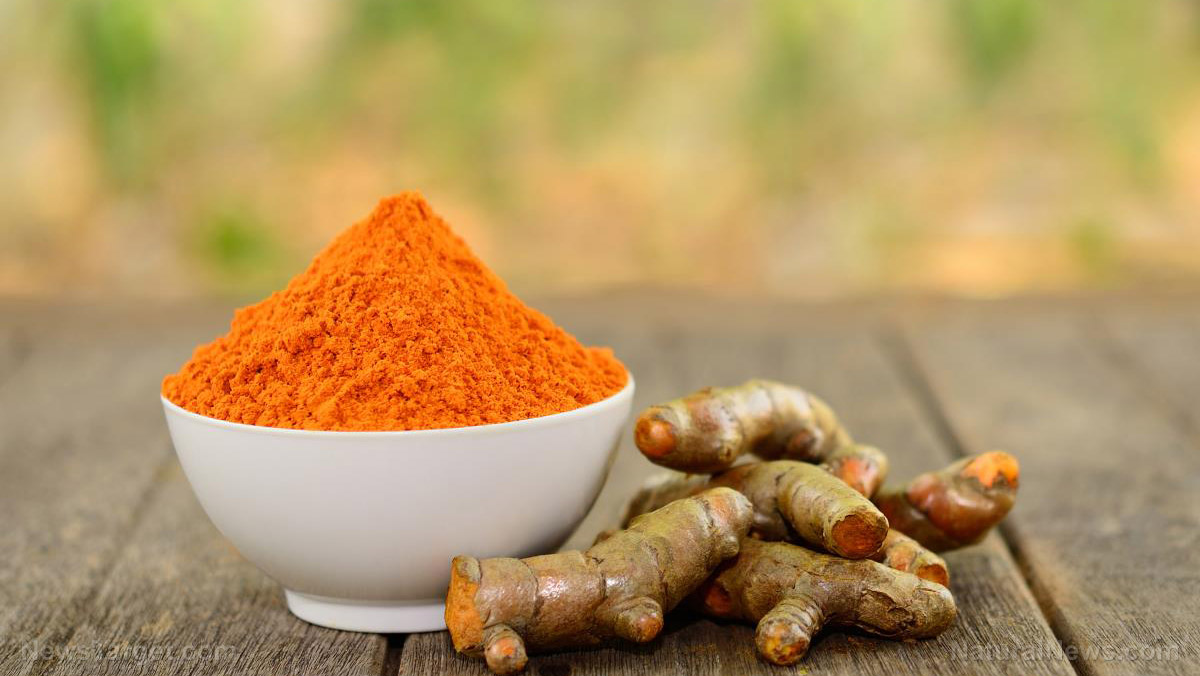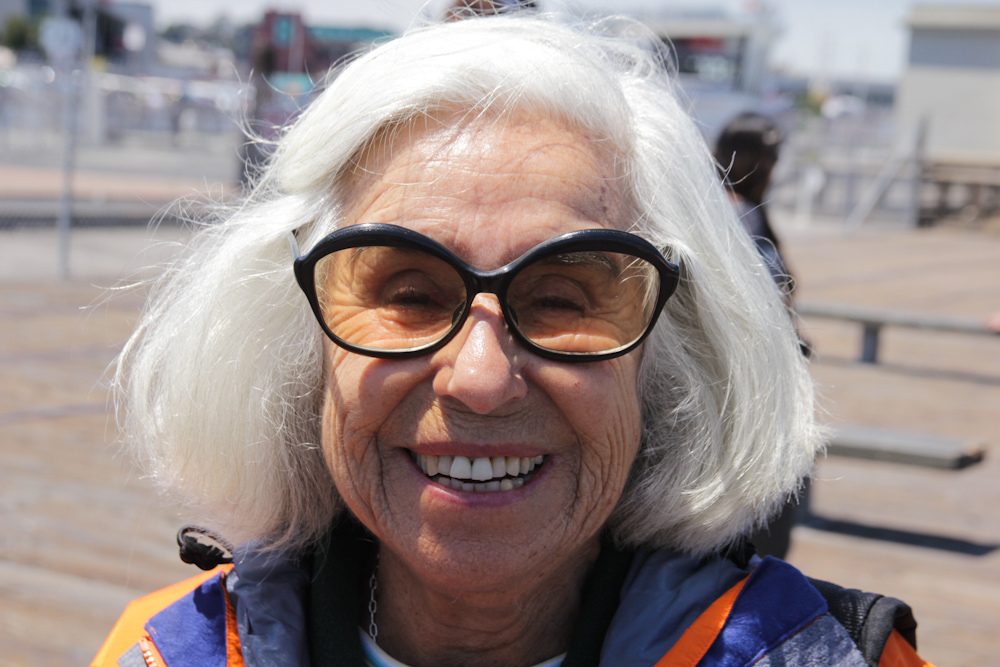A potential remedy for rheumatoid arthritis may be found in this Ayurvedic medicine
10/07/2018 / By Edsel Cook

The classical Ayurveda medicinal system offers a potential remedy for the often crippling pain of rheumatoid arthritis. Indian researchers recently tested the efficacy of two Ayurvedic medicines – Bhallatakadi Churna with guda and Bhallatak guggulu – in relieving the painful symptoms of the chronic autoimmune disease.
Ayurveda describes rheumatoid arthritis as “Amavata.” Over the centuries, many herbal remedies have been devised to treat this disease.
Ama is a slimy substance similar to mucus. It is produced by digestive and metabolic problems and clogs the channels of the body. Ama combines with the harmful substance vata to create amavata, an agonizing disease that can cause deformities.
The Ayurveda’s description of amavata matches etiopathogenesis of rheumatoid arthritis. Modern medicine traces the disease to inflammatory mediators that injure the micro blood vessels in the joints.
Researchers from the Government Ayurvedic College – Burhanpur (GAC Burhanpur) and the National Institute of Ayurveda (NIA) tested an Ayurvedic medicine prescribed for rheumatoid arthritis. Bhallatak guggulu yoga is made from four herbs that prevent inflammation, control immune response, scavenge free radicals, protect cartilage, and exhibit anti-arthritic activity.
Furthermore, the researchers hoped to improve the management of patients with rheumatoid arthritis, thereby allowing the latter to enjoy higher quality of life. (Related: Natural remedy for rheumatoid arthritis found in this traditional Chinese ethnomedicine.)
Two Ayurvedic medicines tested on rheumatoid arthritis patients
The clinical trial involved 60 patients with rheumatoid arthritis in the age range of 20 to 60 years, with many of them being 41 to 50 years of age. The majority of them (85 percent) were female. They were randomly divided into two groups of 30 participants.
Mother Nature's micronutrient secret: Organic Broccoli Sprout Capsules now available, delivering 280mg of high-density nutrition, including the extraordinary "sulforaphane" and "glucosinolate" nutrients found only in cruciferous healing foods. Every lot laboratory tested. See availability here.
The first group received daily doses of 2.5 grams of Bhallatakadi churna with guda, another Ayurvedic medicine recommended for treating Amavata. The second group was given 500 milligrams of Bhallatak guggul medicine, the primary target of this study.
The intervention period lasted for three months. Every 15 days, the researchers performed follow-ups on the participants.
At the end of the trial, the researchers analyzed the results of the Ayurvedic therapy based on the following criteria: body ache, loss of appetite, listlessness, heaviness of body and joint, thirst, fever, indigestion, and pain.
Participants also rated the pain, swelling, stiffness, and tenderness of their joints. Finally, the researchers measured the effects of either substance on the rheumatoid arthritis factor, the antiseptrolysin O titer, and C-reactive protein level of the patient.
Effects of Bhallatak guggul on Amavata considered to be statistically significant
The researchers found that Bhallatakadi churna with guda and Bhallatak guggul were both able to improve the primary symptoms of rheumatoid arthritis. Statistics-wise, the effect of the two Ayurvedic treatments were considered to be very significant.
The results on general symptoms – which included pain, stiffness, and tenderness of the joints – were also regarded as statistically significant. So were the effects of the trial medicines on the rheumatoid arthritis factor, the antiseptrolysin O titer, and C-reactive protein of patients.
The data matched the etiology of Amavata as described in the Ayurvedic classics. This supported the similarities between the description of this disease and the etiology of rheumatoid arthritis.
Bhallatak Guggulu is made up of four herbs: Haritaki, Bhallatak, Tila and Guda. Each herb played important roles in stopping the pathogenesis of Amavata, thereby alleviating the symptoms of the disease.
The researchers concluded that both Ayurvedic regimens were able to provide significant relief for patients with Amavata. However, patients who received Bhallatak Guggulu enjoyed faster and greater improvement of their symptoms when compared to the Bhallatakadi churna with guda treatment group.
Therefore, Bhallatak Gugguli was considered to be the superior Ayurvedic remedy for reducing the painful effects of rheumatoid arthritis.
Additional articles about Ayurveda-based natural remedies that can alleviate rheumatoid arthritis can be found at AlternativeMedicine.news.
Sources include:
IJRAP.net [PDF]
Tagged Under: alternative cures, alternative medicine, amava, amavata, arthritis, Ayurveda, ayurvedic, ayurvedic formulation, Ayurvedic medicine, Ayurvedic therapies, Herbs, natural cures, natural medicine, natural remedies, research, rheumatoid arthritis, rheumatoid arthritis treatments




















